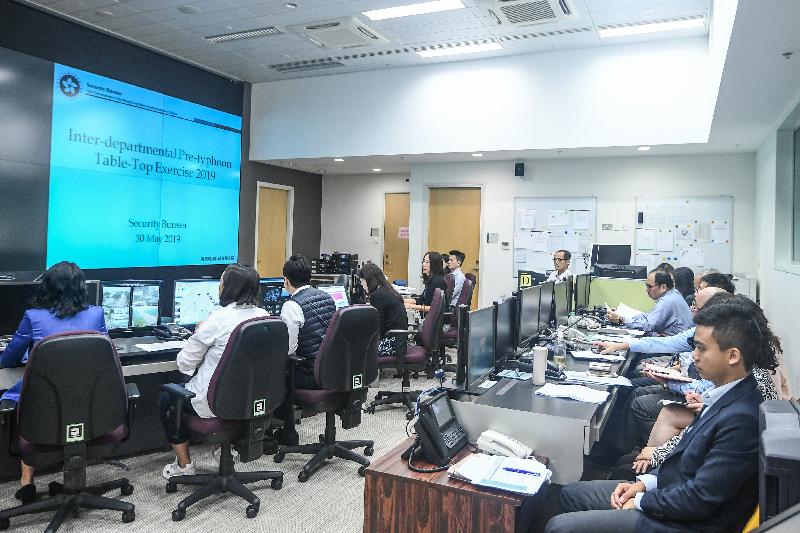DH investigates suspected illegal sale of unregistered proprietary Chinese medicine (with photo)
The Department of Health (DH) is today (May 30) investigating T8 (Int’l) Group Limited (TGL) at Comweb Plaza, Cheung Sha Wan, for suspected illegal sale of an unregistered proprietary Chinese medicine (pCm) named Wellmune Cordyceps Sinensis.
Acting upon intelligence, the DH seized the above unregistered pCm from the market and conducted a field investigation at TGL. According to the content of the product label, the product claimed that it can strengthen the body, moisten the lung, move qi and activate blood, and more.
“Safety, quality and efficacy of unregistered pCms are not proven. Our investigation is ongoing. So far, no related adverse reports have been received,” a spokesman for the DH said.
The DH endorsed TGL to voluntarily recall the above unregistered pCm from the market and set up a hotline (2488 2489) for related enquiries. The DH will closely monitor the recall.
According to section 119 of the Chinese Medicine Ordinance (Cap 549), no person shall sell, import or possess any pCm unless it is registered. The maximum penalty is a fine of $100,000 and two years’ imprisonment. Upon completion of the investigation, the DH will seek advice from the Department of Justice on prosecution matters.
Members of the public who have purchased the above unregistered pCm should stop taking it immediately. Those who have consumed it and are feeling unwell should seek advice from healthcare professionals. People who have the product can submit it to the DH’s Chinese Medicine Division on 16/F, AIA Kowloon Tower, Landmark East, 100 How Ming Street, Kwun Tong, during office hours for disposal.
“The public should not buy or use products of doubtful composition or from unknown sources. All registered pCms should carry a Hong Kong registration number on the product label in the format of ‘HKC-XXXXX’ or ‘HKP-XXXXX’. The list of registered pCms is published on the website of the Chinese Medicine Council of Hong Kong (www.cmchk.org.hk/pcm/eng/#main_listpcm.htm) for public reference,” the spokesman added.



